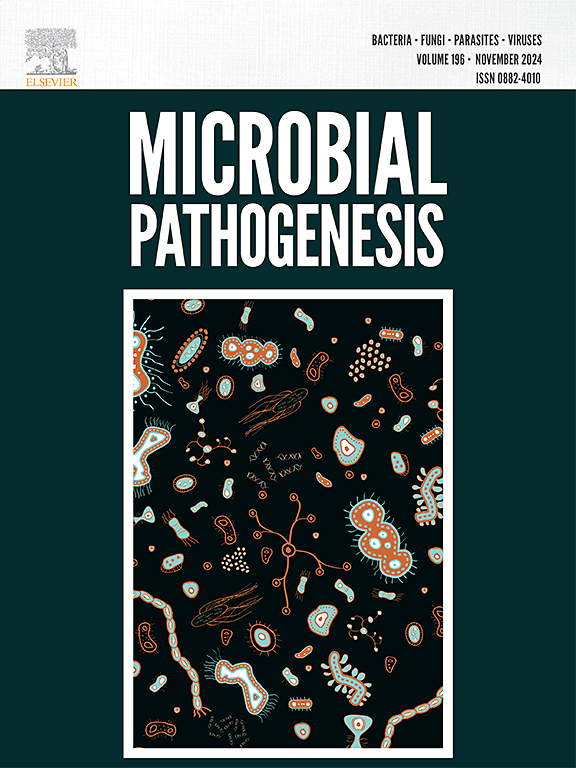The role of macrophage polarization in ulcerative colitis and its treatment
IF 3.3
3区 医学
Q3 IMMUNOLOGY
引用次数: 0
Abstract
Macrophages have great plasticity. Typically, there are two of activated macrophages: M1 macrophages and M2 macrophages. Of them, M1 macrophages play a major role in responses that are pro-inflammatory, while M2 macrophages play an important part in responses that are anti-inflammatory. Ulcerative colitis (UC) is a chronic, non-specific inflammatory disease of the intestine. The pathophysiology and course of UC are significantly influenced by the inflammatory response triggered by macrophage activation. M1 is a possible cause of increased inflammation in UC whereas M2 has a significant function in the healing of inflammation. The polarization imbalance of intestinal M1/M2 macrophages is closely linked to UC. Thus, by suppressing M1 polarization, encouraging M2 polarization, and reestablishing macrophage polarization balance, the treatment of UC based on macrophage polarization is beneficial for UC. Not only chemical drugs, but also traditional Chinese medicine compounds and herbal extracts have been shown to restore the balance of macrophage polarization, providing a new idea in the treatment of UC.

巨噬细胞极化在溃疡性结肠炎及其治疗中的作用
巨噬细胞具有很强的可塑性。活化的巨噬细胞通常有两种:M1 巨噬细胞和 M2 巨噬细胞。其中,M1 巨噬细胞在促炎反应中发挥主要作用,而 M2 巨噬细胞则在抗炎反应中发挥重要作用。溃疡性结肠炎(UC)是一种慢性、非特异性肠道炎症性疾病。巨噬细胞活化引发的炎症反应对溃疡性结肠炎的病理生理学和病程有很大影响。M1 可能是导致 UC 炎症加剧的原因之一,而 M2 则在炎症愈合方面具有重要功能。肠道 M1 / M2 巨噬细胞的极化失衡与 UC 密切相关。因此,通过抑制 M1 极化,鼓励 M2 极化,重建巨噬细胞极化平衡,基于巨噬细胞极化的 UC 治疗对 UC 有益。不仅是化学药物,中药复方和中草药提取物也被证明可以恢复巨噬细胞的极化平衡,为治疗 UC 提供了新的思路。
本文章由计算机程序翻译,如有差异,请以英文原文为准。
求助全文
约1分钟内获得全文
求助全文
来源期刊

Microbial pathogenesis
医学-免疫学
CiteScore
7.40
自引率
2.60%
发文量
472
审稿时长
56 days
期刊介绍:
Microbial Pathogenesis publishes original contributions and reviews about the molecular and cellular mechanisms of infectious diseases. It covers microbiology, host-pathogen interaction and immunology related to infectious agents, including bacteria, fungi, viruses and protozoa. It also accepts papers in the field of clinical microbiology, with the exception of case reports.
Research Areas Include:
-Pathogenesis
-Virulence factors
-Host susceptibility or resistance
-Immune mechanisms
-Identification, cloning and sequencing of relevant genes
-Genetic studies
-Viruses, prokaryotic organisms and protozoa
-Microbiota
-Systems biology related to infectious diseases
-Targets for vaccine design (pre-clinical studies)
 求助内容:
求助内容: 应助结果提醒方式:
应助结果提醒方式:


